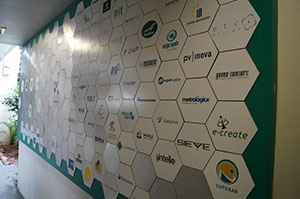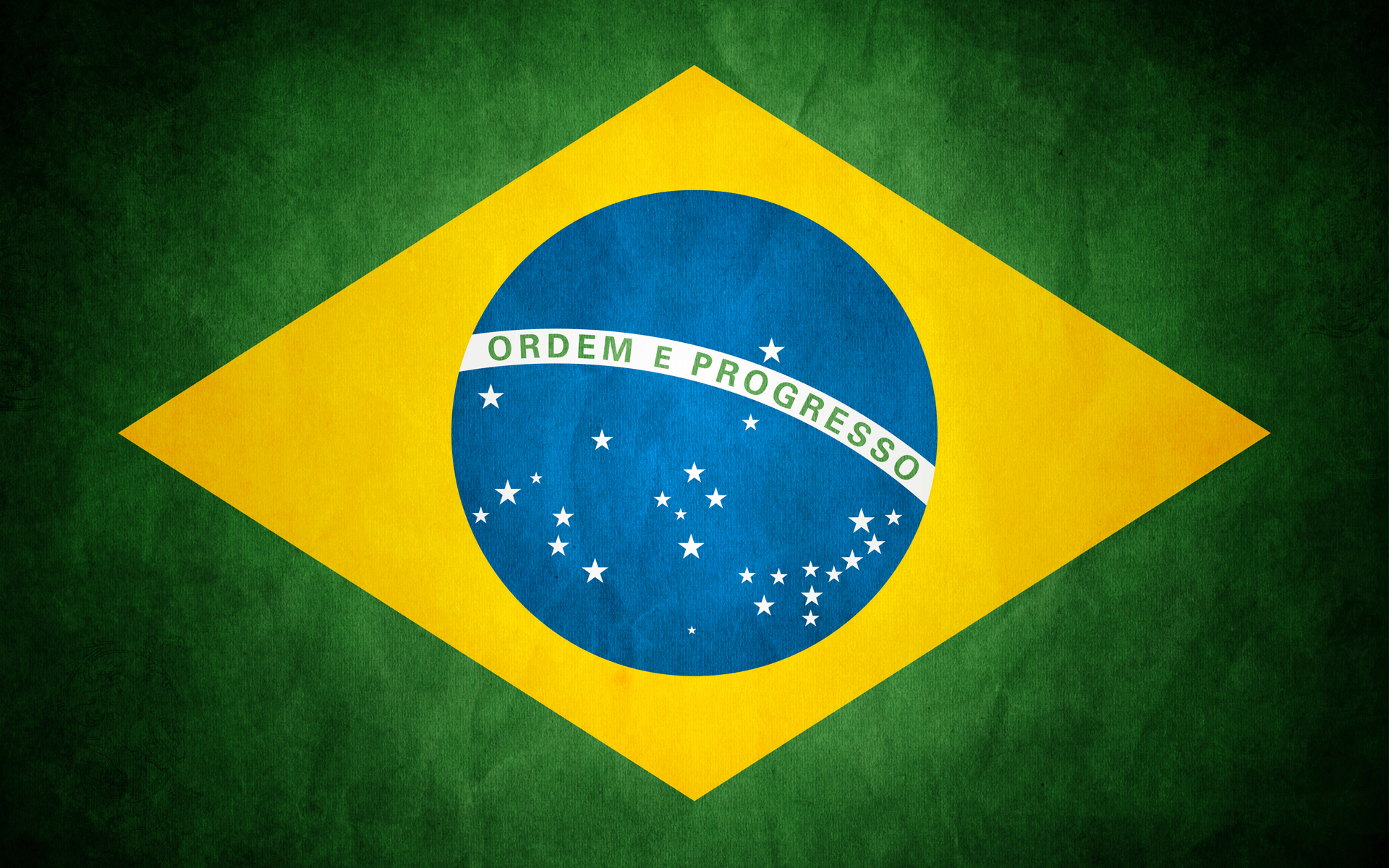
Genesis is an entrepreneurial incubator at PUC in Rio de Janeiro that takes students through the process of creating a start-up. The Genesis Institute selects candidates from applicants studying any subject at PUC, the largest catholic university in Brazil. According to Sergio Yates, PUC Faculty, Brazil's economy is booming, the number of new jobs in Brazil is growing, and the country is ready for business . Rio de Janiero is unique among Brazilian cities because it is the cultural capital of the country. In Rio de Janiero, investors will find companies that can create products that appeal to Brazil's Carioca culture. Smart phones are another area Rio de Janiero developers are working in. Smart phone subscriptions have skyrocketed in the last decade, surpassing personal computer usage (see chart below). This rapid growth in number of smart phone subscribers is one trend that students in the tech incubator at PUC are encouraged to capitalize on.

Boc focuses on the expansion of the technology sector within Angola and works directly with the Angolan government to facilitate the development of the growing IT industry. The company has established numerous IT based services within Angola to create a higher level of efficiency as well as to expose Angola to new technologies that come from Salvador. Boc manages a multitude of companies which offer specialized skills to a wide range of clients within the IT industry. The companies with boc include: Gorilla Web Communications, Open System, Zdoc, Topos, Compu VOX, and ZCR. Keep in mind that a lot of these services are available through open sourcing which allow the cost of these services to be offered at a lower rate. This allows the company to be very attractive worldwide and increases revenue. Gorilla Web Communications specializes in internet development through extensive innovation and creativity. Open System offers a wide range of technology products that satisfy the needs of other organizations. Some examples of services provided by Open System include the development of software for hospitals to automate prescription distribution within hospital pharmacies. In addition, Open System develops software which makes it easier for companies to maintain and track their inventory. Zdoc gives corporate clients a platform which allows employees to access files via corporate intranet sites or internal networks from virtually anywhere. Topos Company (EDGE) has extensive experience developing geographic information systems (GIS); multimedia, as well as interactive CDs. EDGE also develops corporate call centers to centralize in-going and out-going communication. Compu VOX Solutions specializes in computer telephony integrations (CTI) for corporate communications. ZCR Computing offers clients a plethora of services ranging from system development, consulting and project management. Boc is one of the few companies that promotes Brazilian products abroad which is extremely advantageous because it opens up the lines of communication and allows different cultures to exchange ideas with each other which leads to positive competition and innovation. Brazil and Angola have the same colonization due to its previous civil wars. While both countries have made huge strides in the technology industry, Angola’s progress is behind Brazil’s because its civil war started in1975 which was close to 100 years after Brazil’s had ended. Angola has no true infrastructure because of its civil war which in time will change as both countries continue to progress.

The Secretaria da Industria Comercio e Mineracao (SICM) is a government-funded organization that provides support and services for already established and developing industries in the state of Bahia. The role of SICM is to implement governmental policies regarding the operation of corporations within the state, while also helping to promote the growth of industry within the area. The government of Bahia plays a critical role in the future of all start up industries by offering government assistance, as well as, providing technical support if complications should arise. Through the careful monitoring of the State of Bahia's industrial economic sector, SICM is ensuring the economic growth and success of the region. The organization's latest goals are to expand industry into the countryside in hopes of attracting more companies into the area. Due to its low violence and crime rate in comparison with Bahia's urban areas, as well as an abundance of renewable energy sources, Bahia's countryside offers a serene setting for industry to incubate. By offering these incentives along with government assistance, SICM is also helping better the standard of living for those living in the Bahia region as well as promote healthy urban development.

Cimatec is one of the Serviço Nacional de Aprendizagem Industrial (SENAI) schools in Brazil. The SENAIs provide vocational training for students to help them gain jobs or further training in their fields. The SENAI was created on January 22, 1942 to help meet Brazil’s need for skilled workers in industry. The program has since expanded greatly, at present there are more than 700 operating schools across Brazil. Cimatec, or the Center for Integrated Manufacturing and Technology was formed in 2002 and is focused on training relating to the integration of computing technology and manufacturing through programs in fields such as manufacturing process; production, logistics and quality; product development; energy; and microelectrics. Cimatec has expanded beyond the initial mission of the SENAIs by incorporating a University level degree program and a research institution. Both of these aspects were created in response to the lack of other institutions providing these services in the Salvador area.

The first stage of the Technology Park Of Bahia, located in city of Salvador, was inaugurated September 19, 2012. The goal of the park is to bring together businesses, research and development institutions, and Universities to a single site. With funding from the Government of Bahia and the Ministry of Science, the Technology Park has received an investment of more than $50 million for equipment and infrastructure. The Technology Park will occupy an area of 581,000 m2 and is divided into 83 different lots, 22 of which are public and the remaining 61 are private. There are already 25 companies that call the Technology Park home, which 16 are established businesses and 9 are incubators. There are three main sectors that will be featured in the park, which are, Biotechnology and Health, Information Technology and Communication, and Energy and Engineering. Each of these sectors will be housed in their own buildings with respected companies of each field occupying those buildings. As of now the only sector that has a building up and is occupied is the Information Technology and Communication sector. The Technocenter building, which is the center point of the park, has an area of 25,900 m2 and an investment of R$47 million. One of the main goals for this Technology Park is to drive innovation of technologic products and processes throughout the represented sectors, which will have positive regional impacts. Having various companies working in close proximity to one another, will lead to new ideas and products. While accomplishing all of these other goals, the Technology Park will have a worthy impact on the economy of Salvador, Bahia and Brazil.

|

|

|


